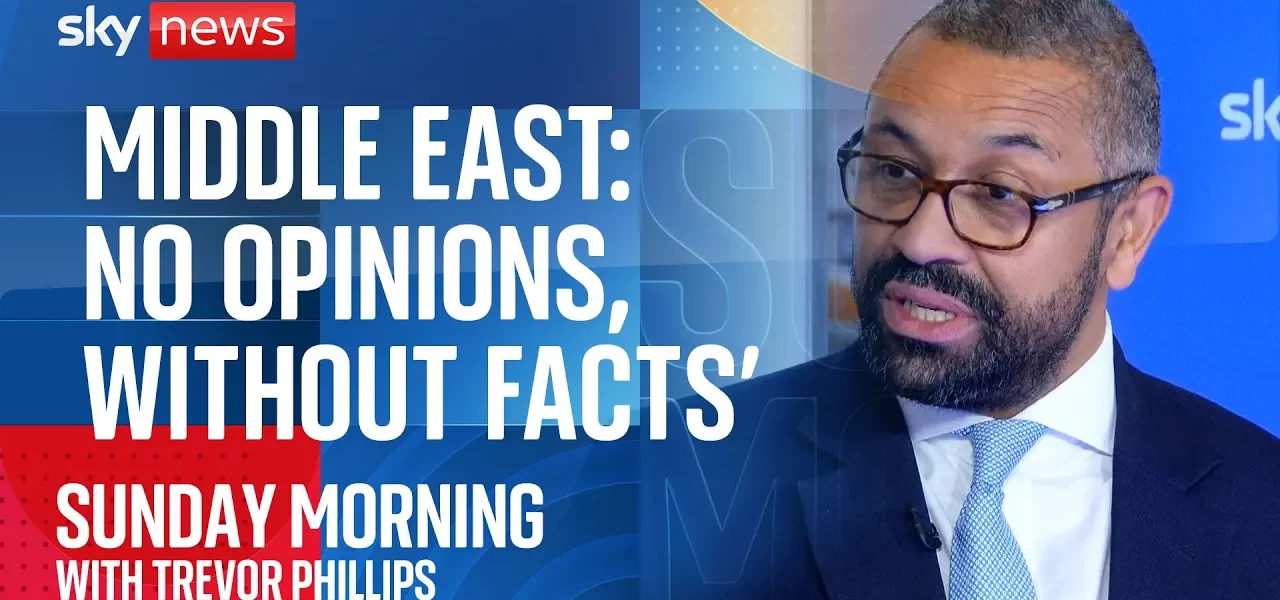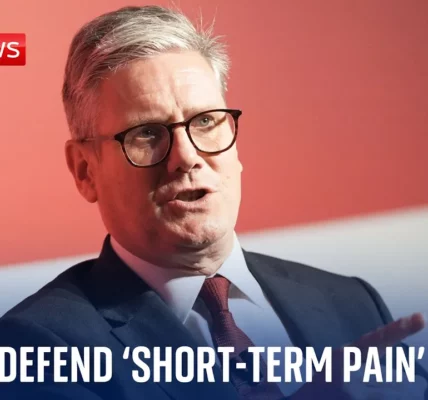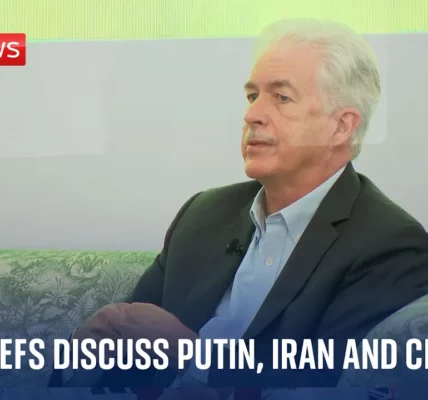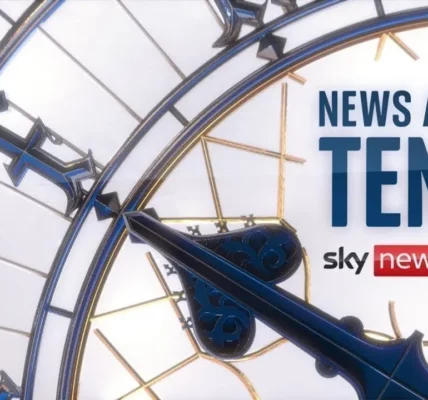James Cleverly Discusses International Relations and Conservative Leadership

This article explores James Cleverly’s views on Israel’s right to defend itself, the implications of UK political dynamics, and his reflections on party leadership challenges. Join us as we delve into critical insights from a seasoned politician.
Introduction
James Cleverly, the UK politician and member of the Conservative Party, has been vocal about his perspectives on international relations, particularly regarding Israel’s right to defend itself amidst ongoing tensions. As a former Foreign Secretary, his insights into political leadership and public perception are significant in understanding the Conservative Party’s current standing and future directions. In this article, we will examine his comments on Israel, the recent electoral challenges faced by the Conservative Party, and the importance of maintaining a strong connection with the electorate.
Israel’s Right to Defend Itself
During a recent discussion, Cleverly emphasized the importance of Israel’s right to self-defense while underscoring the need for adherence to international law. His conversations with Israeli leadership, including President Herzog and Prime Minister Netanyahu, reinforce his stance that while Israel faces significant threats, it must approach defense with professionalism and restraint.
Key Points on Israel’s Defense
- Israel is surrounded by hostile entities.
- International law must guide military actions.
- Minimizing civilian casualties is paramount.
He noted that his position remains consistent, advocating for balance between security measures and ethical considerations in warfare. This highlights the complexities faced by leaders when navigating international conflicts while upholding human rights standards.
The Conservative Party’s Electoral Challenges
Cleverly reflected on the recent challenges faced by the Conservative Party, acknowledging that the voters expressed a clear desire for change. He articulated that the public did not necessarily want a Labor government but signified their dissatisfaction with the Conservative leadership.
Understanding Voter Sentiment
According to Cleverly, the Conservative Party must listen to the electorate’s feedback to regain their trust. He pointed out several factors that contributed to the party’s electoral defeat, including:
- Internal conflicts and infighting among party members.
- Public disapproval of specific government expenditures, such as the controversial immigration scheme.
- Leadership instability, with numerous Prime Ministers in quick succession.
This analysis emphasizes the necessity for the Conservative Party to unify and present a coherent vision to the public to restore confidence and support.
The Role of Leadership in Political Success
In discussing leadership dynamics, Cleverly noted that the infighting within the Conservative Party not only distracted from governance but also amplified public grievances. He stressed the importance of focusing on the aspirations of the voters rather than internal party politics.
Lessons Learned from Leadership
Cleverly identified several key lessons from his experience under various Prime Ministers:
- The necessity of a unified front within the party to effectively communicate policies.
- Understanding the public’s desire for stability and clear leadership.
- The importance of addressing issues that matter most to voters, rather than engaging in self-serving politics.
He believes that addressing these aspects is crucial for the Conservative Party to reconnect with the electorate and present effective policies.
Public Perception and Political Image
Cleverly’s popularity among the public contrasts with his standing within parliamentary ranks, raising questions about the disconnect between public opinion and internal party dynamics. He articulated that his role as a communicator for the party has often required him to defend decisions that may not align with his personal views.
Bridging the Gap Between Public and Party
He emphasized the importance of appealing to the public, stating that:
- Public support is crucial for winning elections.
- Engaging directly with the electorate helps in understanding their concerns.
- Maintaining transparency and accountability fosters trust.
This insight reflects the broader challenge political leaders face in balancing party loyalty with the need for public approval.
Conclusion
James Cleverly’s views on international relations and domestic political challenges provide a comprehensive understanding of the current state of the Conservative Party. His call for professionalism and restraint in foreign policy, coupled with a need for unity within the party, highlights the complexities of leadership in a turbulent political landscape. As the party seeks to regain public trust and electoral support, addressing these challenges will be essential for their future success. We encourage readers to stay informed about political developments and engage in discussions about the direction of the Conservative Party.
“`




